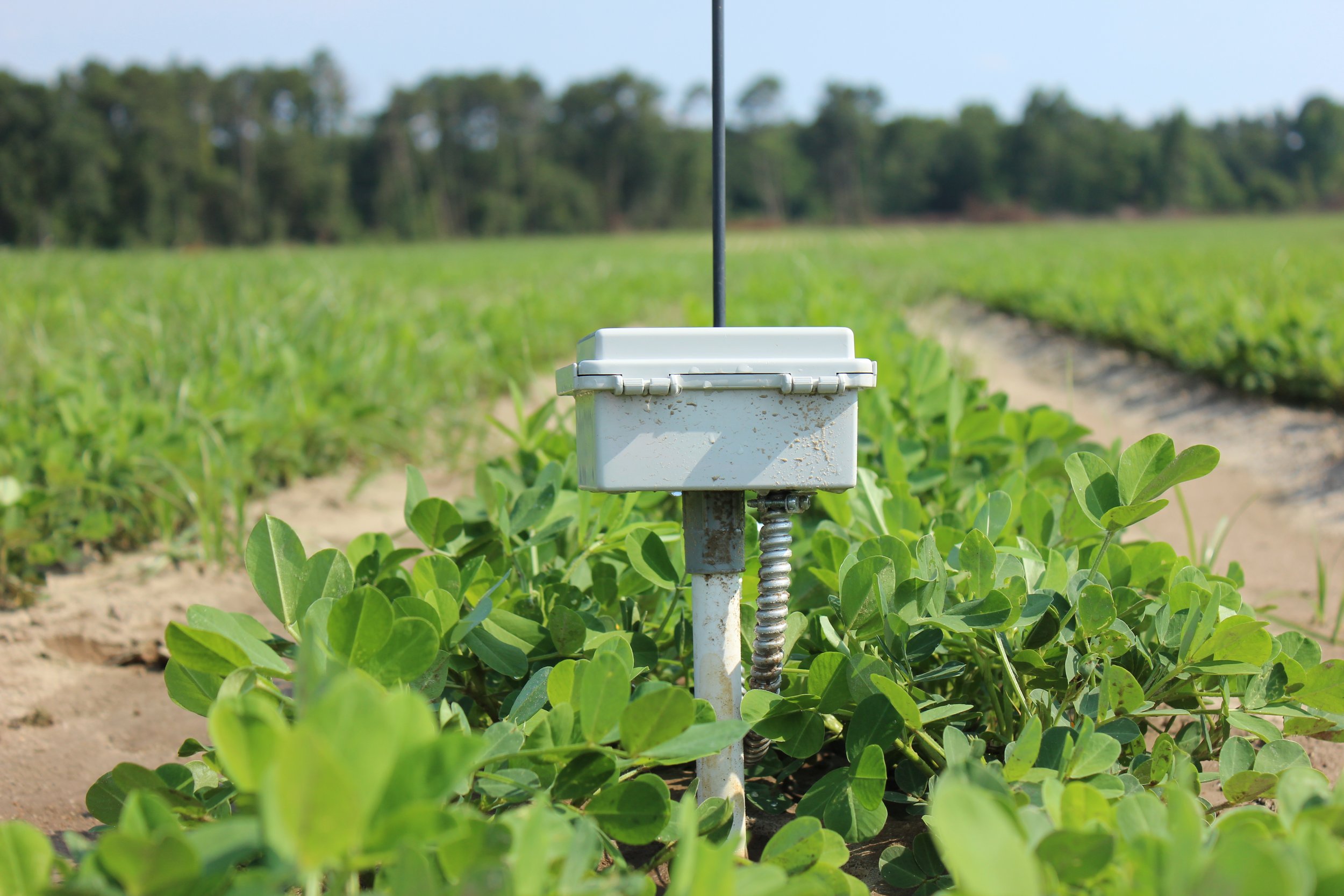
more crop per drop
The Flint River Soil and Water Conservation District leads several Smart Irrigation projects and outreach initiatives aimed at improving water use efficiency, profitability, and best management practices on farms across the region. Visit our Smart Irrigation website to learn more about Smart Irrigation tools, such as Variable Rate Irrigation, irrigation scheduling, and soil moisture monitoring.
our smart irrigation work
COMING SOON! In 2020, the Flint River Soil and Water Conservation District partnered with USDA NRCS, Georgia EPD, and the University of Georgia to develop an irrigation scheduling smart phone app for pecans.





